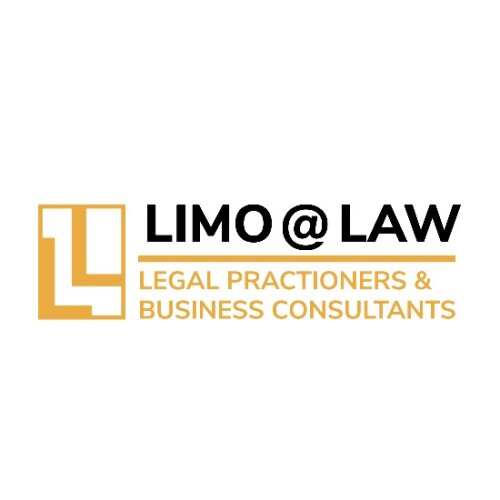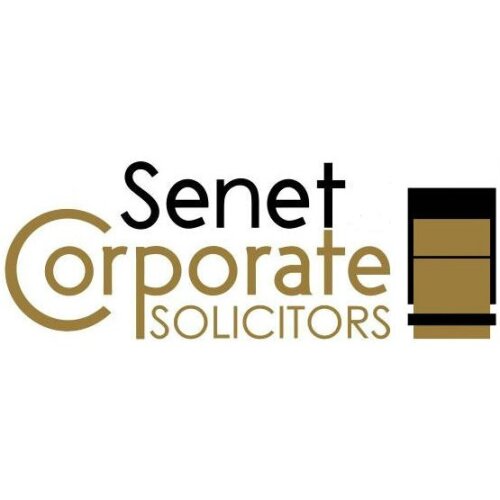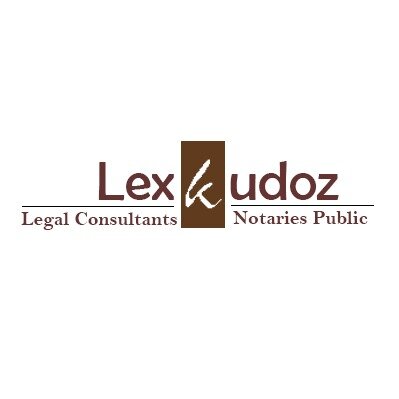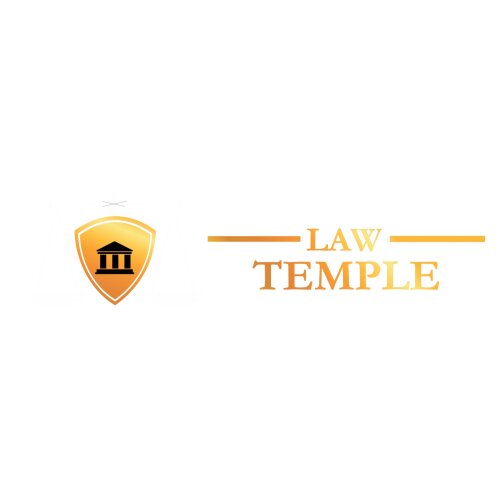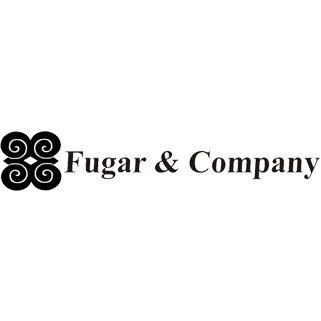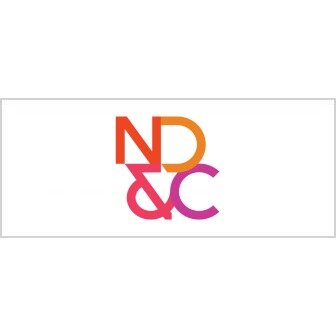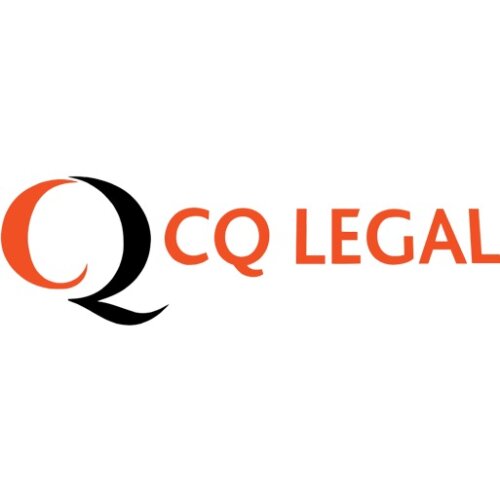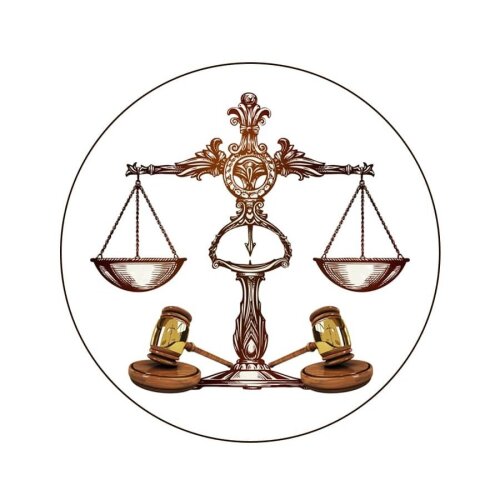Best Nonprofit & Charitable Organizations Lawyers in Accra
Share your needs with us, get contacted by law firms.
Free. Takes 2 min.
List of the best lawyers in Accra, Ghana
About Nonprofit & Charitable Organizations Law in Accra, Ghana
Nonprofit and charitable organizations in Accra, Ghana play a vital role in addressing social issues, promoting education, health, and other essential services. These organizations operate independently of the government and are primarily focused on philanthropy, social activism, and offering public benefits. The legal framework for these organizations is governed by various laws and regulations to ensure transparency, accountability, and proper governance. These laws facilitate the registration, operation, and management of nonprofits and charitable entities, ensuring they fulfill their missions efficiently while complying with Ghanaian legal standards.
Why You May Need a Lawyer
There are several instances where consulting a lawyer can be indispensable for individuals or groups involved with nonprofit and charitable organizations in Accra:
- Assisting with the registration and establishment of a nonprofit entity to ensure compliance with local laws and regulations.
- Providing guidance on developing bylaws and governance structures tailored to the organization's goals and legal requirements.
- Advising on tax exemption qualifications and other financial regulations to which nonprofits may be subject.
- Facilitating dispute resolution between an organization and its stakeholders, including board members, beneficiaries, and donors.
- Helping navigate employment and labor laws as they pertain to staff and volunteers within the organization.
- Assuring compliance with fundraising laws and assisting with grant writing and management.
- Offering legal strategies for risk management and protecting the organization's assets.
Local Laws Overview
The key aspects of local laws governing nonprofit and charitable organizations in Accra, Ghana include:
- The Companies Act, 2019 (Act 992): This act provides a framework for the incorporation and governance of organizations, including nonprofits.
- Tax laws as administered by the Ghana Revenue Authority, which detail the requirements for tax-exempt status and other fiscal responsibilities.
- Labor laws outlining employment standards applicable to employees and volunteers within these organizations.
- Regulations concerning fundraising and the solicitation of donations to ensure public trust and accountability.
- Annual filing requirements and reporting obligations to maintain transparency and compliance with government standards.
Frequently Asked Questions
What is the process for registering a nonprofit organization in Accra?
You must first apply for a name and then register the organization with the Registrar General's Department. This process involves submitting the necessary documentation, including a constitution and a list of executive board members.
Are nonprofit organizations in Ghana exempt from taxes?
Nonprofit organizations may qualify for tax exemptions, but they must apply for such status through the Ghana Revenue Authority and meet specific criteria outlined in tax regulations.
What governance structures are required for a nonprofit organization?
Nonprofits are typically governed by a board of directors, which is responsible for oversight and strategic direction. Organizations must develop bylaws to guide operations and governance practices.
Can nonprofits in Ghana engage in commercial activities?
Yes, nonprofits can engage in commercial activities to support their missions; however, these activities must comply with business regulations and not jeopardize their tax-exempt status.
What are the reporting requirements for nonprofits in Accra?
Nonprofits must submit annual returns and financial statements to the Registrar General’s Department to ensure transparency and accountability.
How are disputes within a nonprofit organization typically resolved?
Disputes may be resolved internally through mediation or arbitration, or externally through legal channels if necessary, with the assistance of a lawyer.
Do employees and volunteers have specific legal protections?
Yes, both employees and volunteers are subject to Ghana’s labor laws, which dictate workplace rights, safety standards, and conditions of employment.
Are there restrictions on international funding for nonprofits in Ghana?
Nonprofits can receive international funding but must comply with all regulations regarding foreign contributions, including proper reporting and transparency measures.
What legal standards govern nonprofit fundraising activities?
Fundraising activities must adhere to legal standards designed to combat fraud and ensure transparency for donors. This involves accurate record-keeping and periodic reporting.
How can a nonprofit organization protect its assets legally?
Organizations may establish risk management policies, obtain insurance coverage, and implement proper governance practices to safeguard assets and reduce liability risks.
Additional Resources
- Registrar General’s Department: Oversees the incorporation and regulation of organizations.
- Ghana Revenue Authority: Provides guidelines on tax obligations and exemptions.
- Department of Social Welfare: Assists with compliance and operational guidance for nonprofits.
- Networks and associations for nonprofits (e.g., Ghana Philanthropy Forum) for collaboration and support.
- Professional legal firms specializing in nonprofit law for direct consultation and advice.
Next Steps
If you require legal assistance with your nonprofit or charitable organization in Accra, Ghana, consider the following steps:
- Identify the specific legal issue or assistance you need (e.g., registration, governance, compliance).
- Consult with a lawyer who specializes in nonprofit and charitable organizations to gain expert advice tailored to your situation.
- Gather necessary documentation and information relevant to your request or legal challenge.
- Engage with local governmental bodies or professional networks for support and additional resources.
- Remain proactive and informed about changes in nonprofit law to ensure continuous compliance and effectiveness in your organization's mission.
Lawzana helps you find the best lawyers and law firms in Accra through a curated and pre-screened list of qualified legal professionals. Our platform offers rankings and detailed profiles of attorneys and law firms, allowing you to compare based on practice areas, including Nonprofit & Charitable Organizations, experience, and client feedback.
Each profile includes a description of the firm's areas of practice, client reviews, team members and partners, year of establishment, spoken languages, office locations, contact information, social media presence, and any published articles or resources. Most firms on our platform speak English and are experienced in both local and international legal matters.
Get a quote from top-rated law firms in Accra, Ghana — quickly, securely, and without unnecessary hassle.
Disclaimer:
The information provided on this page is for general informational purposes only and does not constitute legal advice. While we strive to ensure the accuracy and relevance of the content, legal information may change over time, and interpretations of the law can vary. You should always consult with a qualified legal professional for advice specific to your situation.
We disclaim all liability for actions taken or not taken based on the content of this page. If you believe any information is incorrect or outdated, please contact us, and we will review and update it where appropriate.



